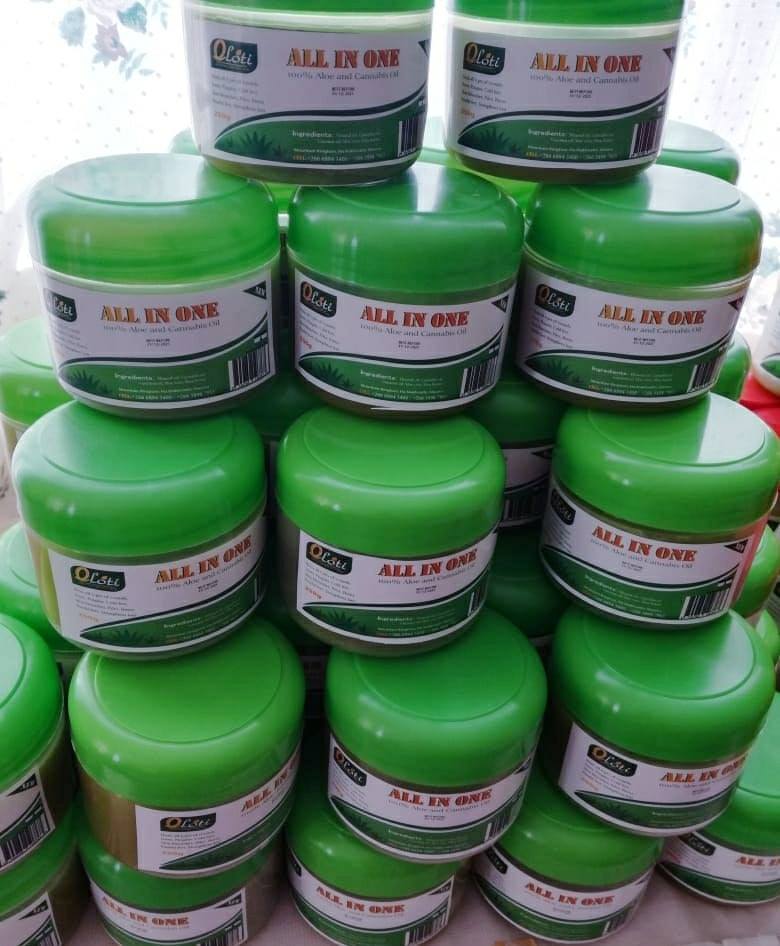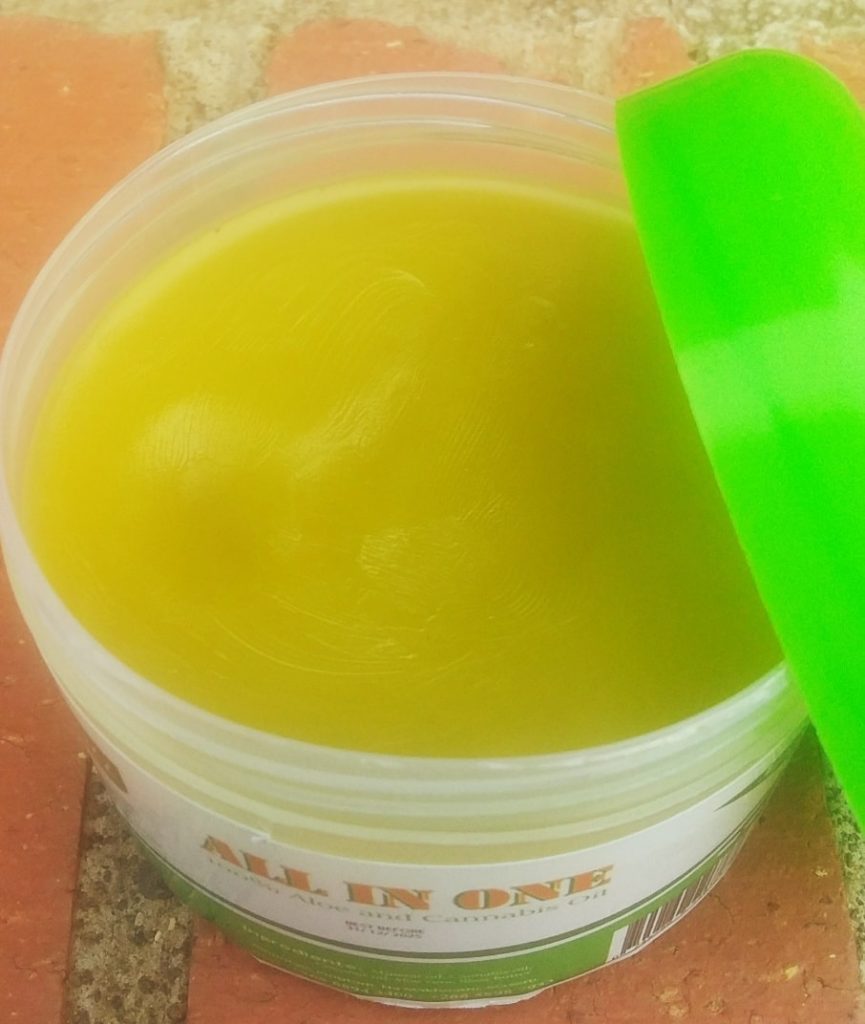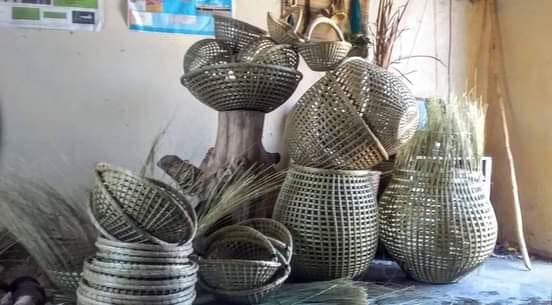Happy users say it relaxes their painful or cold feet, it treats their skin rashes and pimples, it soothes their piles, it deals successfully with their skin burns and it makes for a healthy hair. It is a highly popular bodycream that is based on a number of herbs grown in Lesotho.
[Drop a WhatsApp message here: +266 5898 7953]
It is produced and sold by a company owned by the National University of Lesotho (NUL) graduate, Mrs Maleshoane Qofa, who is now a lecturer at Machabeng College and a well-known writer of High School books.
Here is an inspiring story of how Mrs Qofa ended up with the beloved bodycream doing rounds in the local markets.
“I was born to a mother who was a hustler all her life,” she started the conversation. “Here was a woman who would do everything to ensure she put food on the table for her family.”
(Join PhuthaLichaba, the future bank of the People by NUL Innovation Hub here: www.phuthalichaba.com)
As Mrs Qofa grew up, she had no option but to join her hustling mom, “my mom would make clothes and I would assist with selling them. She would buy all kinds of items and I would help with the reselling. I took it upon myself to assist her as much as I could.”
In the process, she was learning powerful lessons.
“I was learning from my mom that there was a lot of work to be done to ensure we earned our living,” she said.
But there was something that particularly sparked her interest in herbs long before she could even dream manufacturing and trading with herb based products.
Her hardworking mom had a persistent heart problem.
So she and her siblings grew up well aware that their mom survived by using herbs to sooth her pains. “So the use of these herbs grew to be part of our family life because we could see our mom using them consistently and getting better.” The whole experience left an impression that would remain with her and, of course, influence her, for the rest of her life.
Then she became a student at the NUL and the hustling spirit she inherited from her lovely mom remained with her. “When I selected which courses to pursue, I always made sure that they would make a double major, such that if I failed in one pursuit in life, I could follow another. You always need more than one option in life.”
It’s the philosophy that remains with her to this day. For instance, she is employed formally at Machabeng College but in her own words, “who knows for how long?” That’s why she is also into manufacturing.
So the spirit of curiosity encouraged her to explore the making of herb-based skin creams. She had learned about the benefits of a number of herbs in skin treatment and she wanted to give it a try. “We went so far as growing some of the herbs so we could use them in our products.”
“To this day, we are continually growing them so that we don’t run out of supply as demands of our products increase.”
With time, Lesotho’s attention has turned into the use of herbs for medicinal purposes. She says she is happy to be part of the movement. However, as a scholar, she didn’t just plunge into the use of medicanal herbs. “I did an extensive research about them,” she said.
“We learned about the effect of drinking versus inhaling herb-based products. We found the health benefits versus problems created by the use of various herbs and their dosages. We learned about how to use herbs as medicine versus as recreational drugs. We explored different ways to apply them, especially externally.”
With time, their research led to some interesting revelations. They learned that if used in certain combinations, the syrups and oils from the herbs produced great properties which individual herbs could not have.
One such mixture is used for hair treatment in the form of hair food. The hairfood product accidentally found other unrelated uses with time.
One man took his wife’s hair food, thinking it was something else, and applied it to his painful feet and he was amazed by how soothed he was thereafter. “We began asking many other people to test it and we got similar results.”
So many people started testing it in other applications also, with good results. In the end, “we no longer recommend it for hair treatment only but for a host of other cases,” she ended.
(Join PhuthaLichaba, the future bank of the People by NUL Innovation Hub here: www.phuthalichaba.com)





